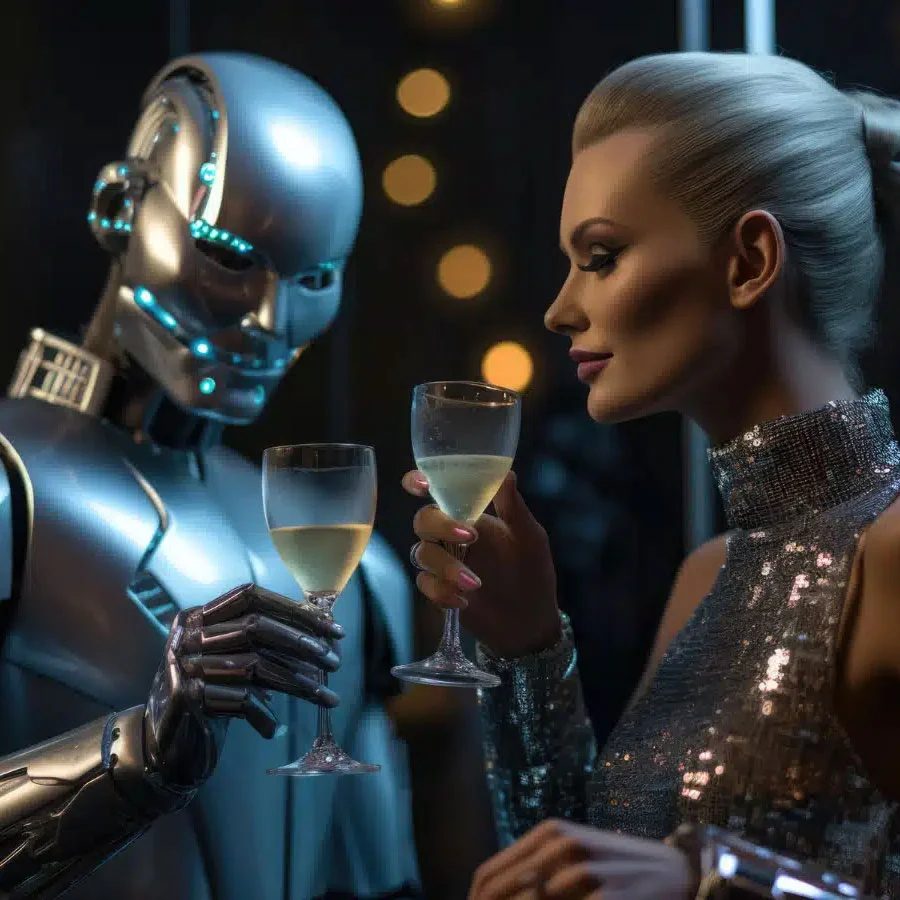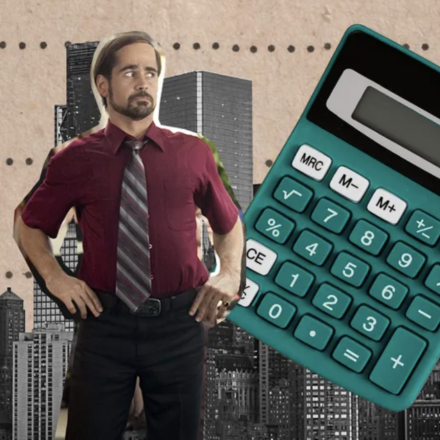Today, the world is rapidly changing, and at the heart of its economy lie not people, but machines — our new "iron slaves." If, in the past, human labor was an integral part of production, now technology has made it nearly unnecessary. We live in a world where products created by machines exceed what three living slaves could produce, and this is just the beginning.
Why does the world of machine owners look so appealing? Let's break it down. Machines don’t get tired, they don’t revolt, don’t need vacations, and they don’t complain. Their work is free from emotions and fatigue — just flawless efficiency. This is the ideal labor that Plato dreamed of in his utopia.
But let’s not forget that our society is built on the idea that people must work, that labor is an inseparable part of human existence. Those who don’t work are considered parasites, freeloaders, and enemies of society. But isn’t it time to reconsider this paradigm?
The dreams of a carefree life, where no work is necessary and you only need to consume what’s offered to you, have long taken hold. This ideal was talked about by philosophers and fueled revolutions. World religions strengthened these dreams, promising a life in paradise after death, where there’s no need to worry about anything. Not long ago, people raised their voices on the barricades, calling for justice, claiming that liberation lies in freedom from daily labor.
Today, these dreams live on in social media, where millions complain about the dreaded return to work. Everyone dreams of vacations and weekends, which have become brief pauses in the endless race. Does this sound familiar? Perhaps a world where no work is required seems impossible to us.
But the future is already here. The economy is on the brink of radical change, and machines are gradually taking over the tasks once performed by humans. But should we rejoice in this change?
Imagine a bicycle that doesn’t fall as long as it gains speed. As soon as the speed slows down, the wheels lock, and the rider tumbles. This image perfectly illustrates the state of the modern economy. As long as everything is moving fast, the system seems stable, but if we slow down — catastrophe follows. Today, the world is riding on this "bicycle," and we can’t get off. If we start to slow down, other countries that don’t stop will crush us.
The question is, where will this technological progress take us? A world where machines do the work for us may seem like a utopia, but is there still a place for us, humans, in this new reality? And if we stop working, will we just become redundant in the new world?
These aren’t just questions for the future. These are challenges we’ll face very soon.


















